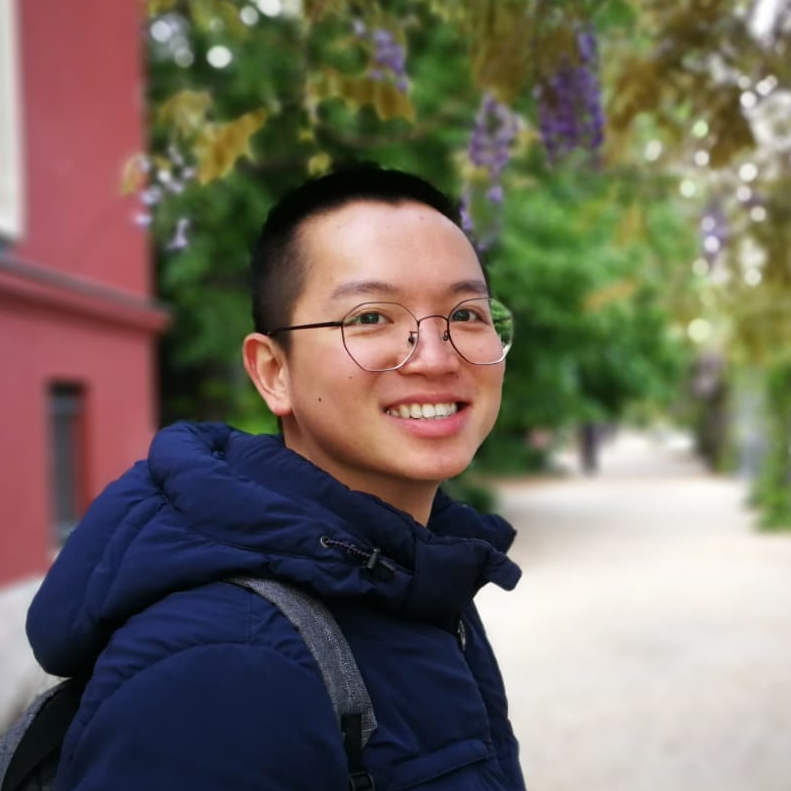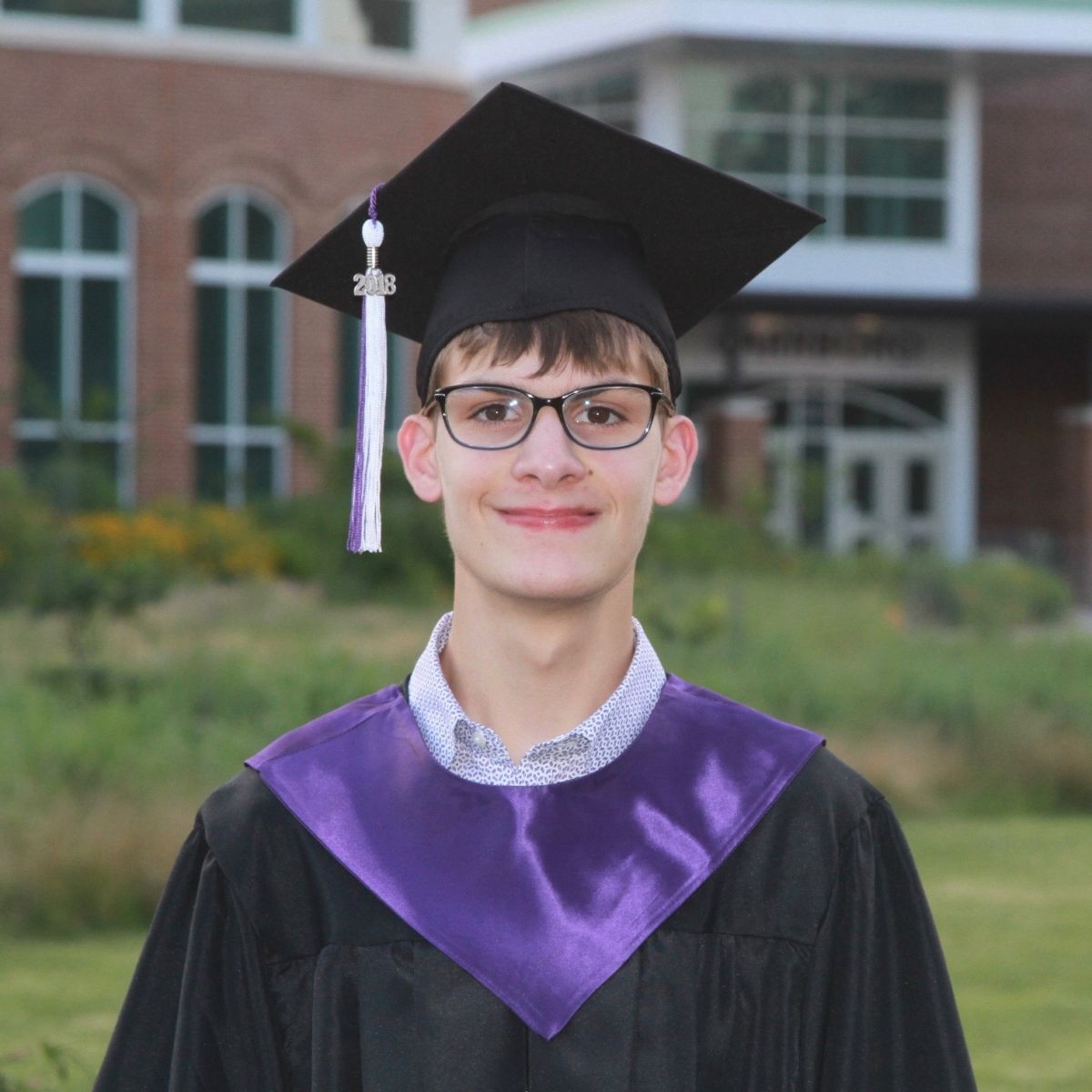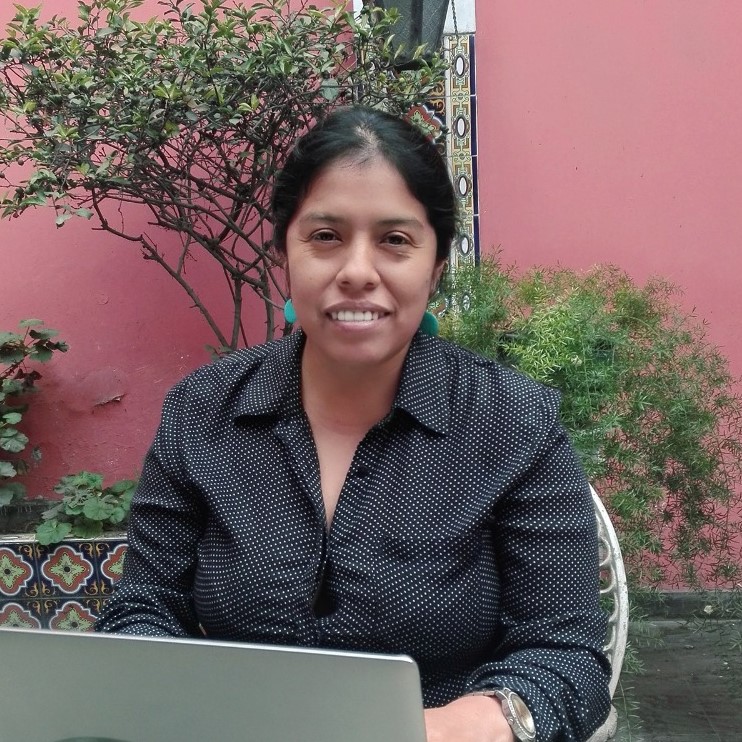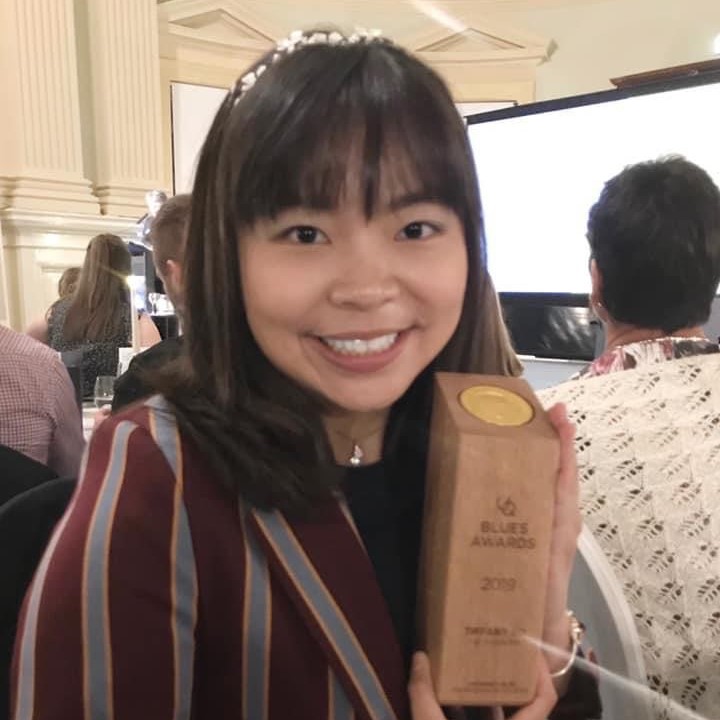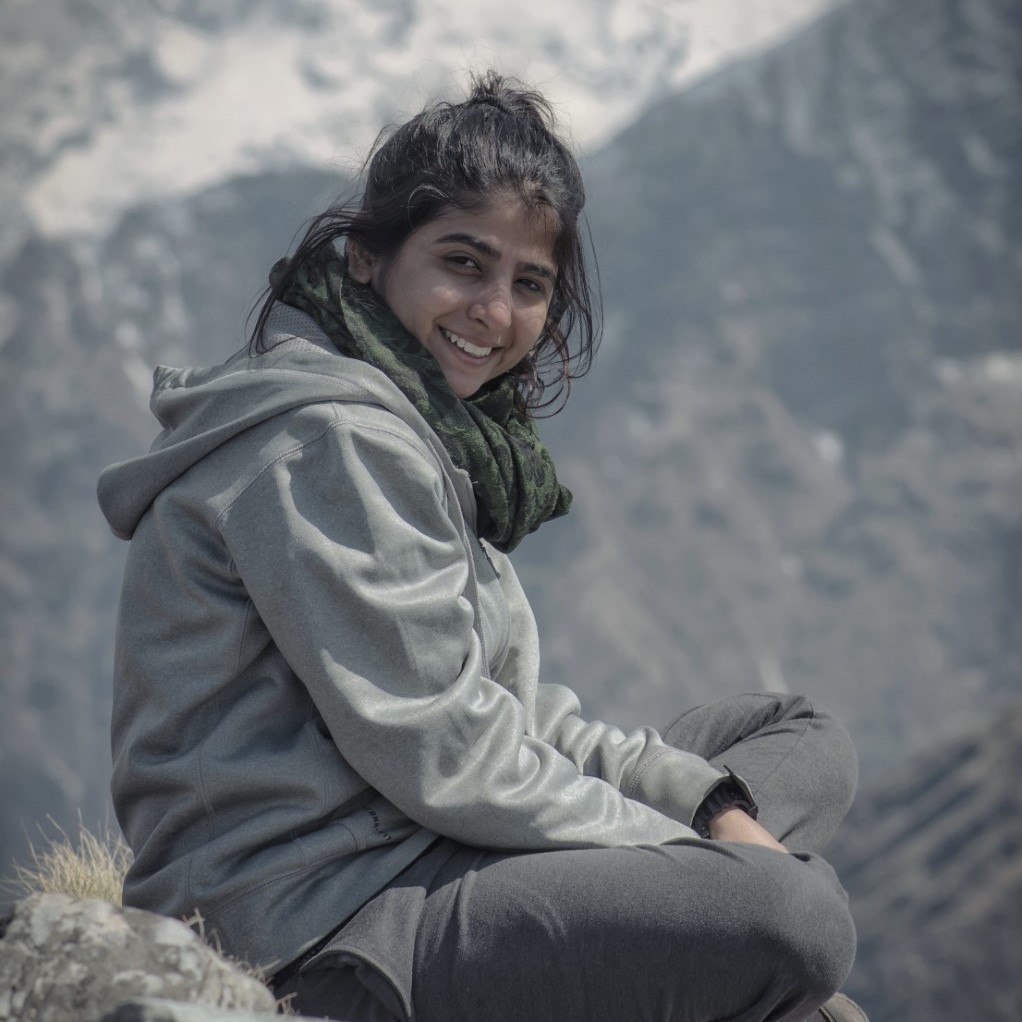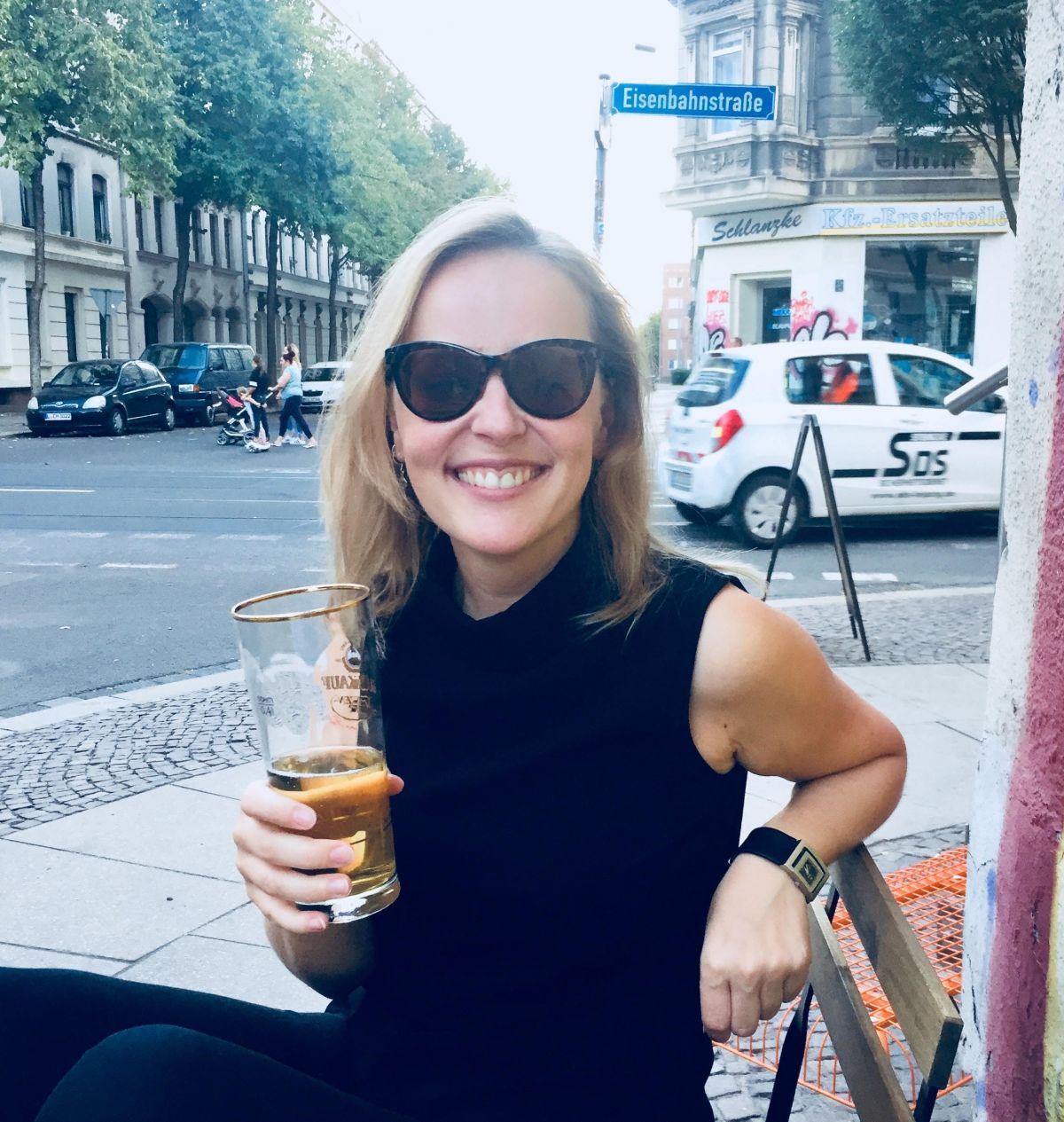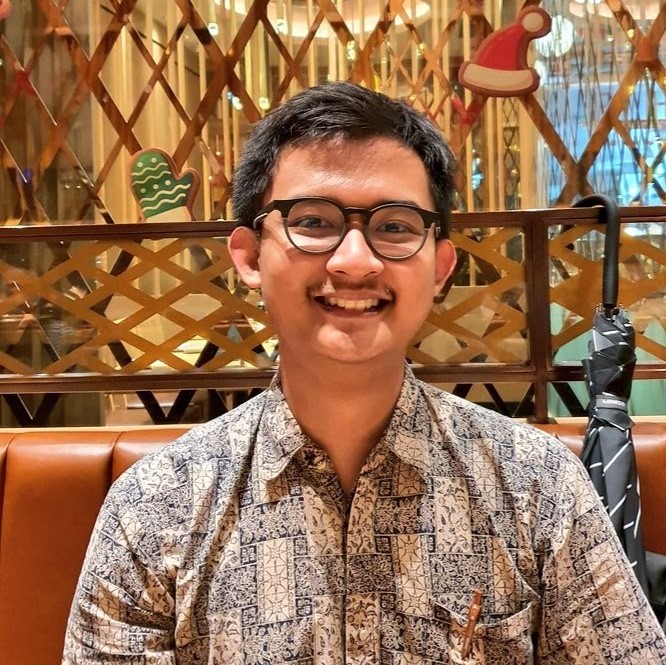Educación para esta Generación
Cada cultura y cada generación tiene su propia forma de enseñar. Descubre cómo la profesora Tiffany, de Taiwán, está trabajando con un enfoque intercultural hacia la educación para una nueva generación de niños.
Taiwan, Eastern Asia
Story by Tiffany Ko. Translated by Melina Gutiérrez Hansen
Published on January 16, 2023.
This story is also available in 




Nací en la capital de Taiwán, Taipei, y estudié y trabajé en Australia durante 6 años. Soy profesora y también entrenadora deportiva que ha trabajado por diferentes ciudades en Asia y Oceanía, enseñando a niños y adultos de entre 2 y 60 años. En 2017 a los 19 años, fundé mi propia marca, “Taephoon International” dedicada a la Educación Física y eventos y campamentos relacionados con la educación. Desde 2017, he sido la anfitriona de varios campamentos, seminarios y conferencias nacionales e internacionales, que me han dado la oportunidad de viajar a China, Corea, Japón, Nueva Zelanda y muchos más, colaborando con clubes, escuelas y organizaciones locales.
Trabajo dentro y fuera de las normas culturales, aplicando una combinación de métodos educativos de Asia y Occidente en mi aula. No permito la complejidad de procedimientos operativos estándares en la enseñanza, permitiéndome a mí misma liberar mi creatividad cuando planifico, implemento y evalúo mis materiales de enseñanza. Para ello, consistentemente me hago estas dos preguntas para mantenerme fresca en la enseñanza: ¿Qué es la “educación” para mí? ¿Cómo se ve una buena educación?
“Trabajo dentro y fuera de las normas culturales, aplicando una combinación de métodos educativos de Asia y Occidente en mi aula.”
Después de mudarme de Australia a Taiwán, empecé a enseñar inglés. La enseñanza del inglés se ha convertido en mi segundo foco, después de la educación física. La educación bilingüe es un gran foco de atención actualmente en el sistema educativo de Taiwán, que está tratando de ofrecer a los niños un ambiente de aprendizaje natural del idioma en lugar de conocimiento fijado de los libros de texto. Con mi historial académico, soy como un pez en aguas ricas. Combiné educación física y la enseñanza del inglés, no solamente usando inglés en mis clases de educación física sino añadiendo mucha enseñanza de vocabulario con movimientos físicos, e interacción en inglés en actividades grupales. Muchas de las actividades en clase son el producto de mi creatividad.
Cuando planifico una clase, pienso audazmente en la temática de enseñanza de acuerdo con el trasfondo de mis alumnos, luego planifico cuidadosamente mis actividades de clase de acuerdo a la temática, y orgullosamente hago que funcione en el entorno disponible. Hay dos acciones principales en la planificación de actividades de clase: expandir y reducir; expandir las posibilidades y reducirlas a aquellas que son realistas. No se enfatiza lo que se enseña sino cómo se enseña.
Desde mi punto de vista, los idiomas son una herramienta para abrir una puerta a una cultura diferente.
La educación bilingüe se ha convertido en una moda en la educación mundial. Hace 3 años, estuve enseñando en un colegio de primaria anglo-francófono en Brisbane, Australia. Allí, los niños ya saben hablar al menos 2 idiomas a nivel nativo; ¡algunos hablan tres o más! Le doy crédito a la diversidad lingüística del colegio por el multiculturalismo en Australia. Como un país basado en la migración, Australia consiste en personas de diferentes orígenes de raza y muchos niños son la segunda generación que viven con sus padres y hablan su lengua materna en casa. Por eso, colegios bilingües se están haciendo cada vez más populares en Australia e incluso aquellos que son australianos-ingleses eligen ir a un colegio bilingüe para mejorar su segundo idioma.
Desde mi punto de vista, los idiomas son una herramienta para abrir una puerta a una cultura diferente. Los idiomas son una herramienta para interactuar entre nosotros, comunicar tus ideas a la gente e incluso convencer a los demás, cambiar actitudes malignas e incrementar la armonía. Los idiomas representan palabras y las palabras son poderosas. Cuando las personas se centran en aprender idiomas como una habilidad, lo veo como un arma. El idioma con sabiduría es un arma para luchar en tus batallas y conquistar tus metas. Cuando la gente alaba los beneficios de la educación bilingüe o trilingüe presto atención al posible daño que las palabras pueden causar y me fijo cuidadosamente en las palabras que digo.
La educación multicultural no significa que la educación no tiene guías o normas a seguir.
Los niños que nacieron entre los años 2000 y 2010 son considerados parte de esta generación y están creando una revolución en la educación. Cuando pienso en la educación, me imagino que los niños tienen los recursos necesarios, profesores diversos que trabajan juntos alegremente y que las clases son interactivas y divertidas. Cuando digo “educación para esta generación”, no estoy hablando de un sujeto, un método o una filosofía, sino de una actitud. Aunque hay diferentes tipos de educación fuera de las corrientes populares que enfatizan sus propios valores, una actitud para todos es abrazar diferentes valores, pensamientos y filosofías hacia la educación, tal y como pasa con el multiculturalismo en la sociedad. Aprende a ser culturalmente inteligente y a aceptar las diferencias en aspectos personales, sociales e interpersonales. La educación multicultural no significa que la educación no tiene guías ni normas a seguir. De hecho, la apertura y la creatividad en la enseñanza van a llevar a la educación a otro nivel. Como profesores, nuestros objetivos son transmitir conocimiento, motivar y fomentar los buenos comportamientos. No hay una respuesta definitiva a cuál es la educación correcta para esta generación, pero si cada educador trata de definir la educación para esta generación, juntos podremos generar un cambio.
Nota a pie de página
Fuera de corriente popular: un sistema educativo más que la educación convencional. Generalmente, solo un pequeño porcentaje de la población va a colegios no convencionales. Por ejemplo, Colegios Steiner, Colegios Montessori y algunos colegios privados bilingües. En Taiwán, la educación convencional son los colegios públicos subvencionados por el estado.
How does this story make you feel?
Follow-up
Do you have any questions after reading this story? Do you want to follow-up on what you've just read? Get in touch with our team to learn more! Send an email to [email protected].
Editorial
If you're interested in different approaches to education, you can learn more about Montessori in Gianina's story from Peru, or explore how Zhihao is bringing sex education to the Chinese countryside. I'd also recommed reading Keiron's plea for providing higher education programmes for people with learning disabilities so students like him can realise their dreams.
Recommended Further Reading
> Mainland China
Chinese Countrysides May Be Prepared for Sex-Ed
A story by Zhihao Zhong
5 min English Audio available
Talk about this Story
Please enable cookies to view the comments powered by Disqus.
Subscribe to our Monthly Newsletter
Stay up to date with new stories on Correspondents of the World by subscribing to our monthly newsletter:
Other Stories in Español
Explore other Topics
Get involved
At Correspondents of the World, we want to contribute to a better understanding of one another in a world that seems to get smaller by the day - but somehow neglects to bring people closer together as well. We think that one of the most frequent reasons for misunderstanding and unnecessarily heated debates is that we don't really understand how each of us is affected differently by global issues.
Our aim is to change that with every personal story we share.
Community Worldwide
Correspondents of the World is not just this website, but also a great community of people from all over the world. While face-to-face meetings are difficult at the moment, our Facebook Community Group is THE place to be to meet other people invested in Correspondents of the World. We are currently running a series of online-tea talks to get to know each other better.







